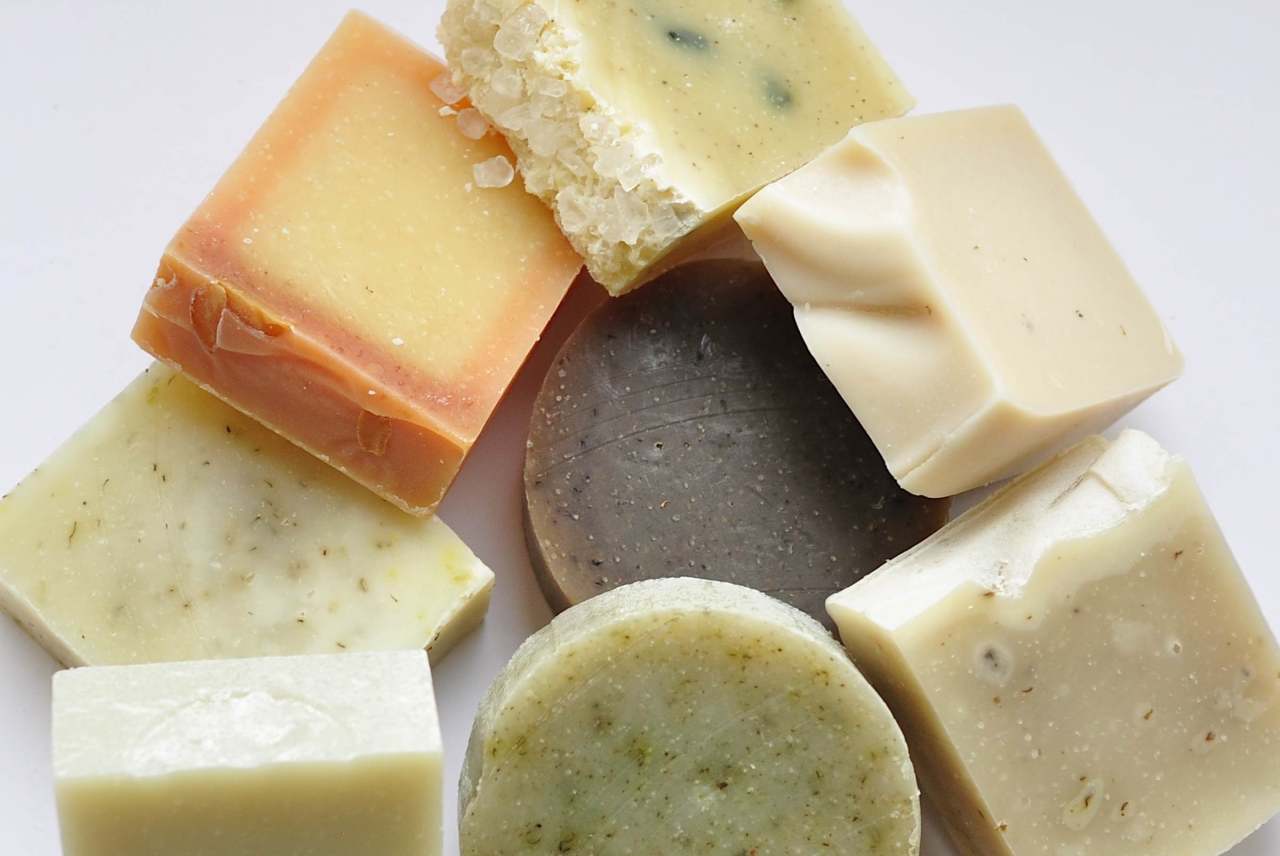Because businesses are 'greenwashing' right across the board, it can be hard to know who's really meeting the ethical mark. Luckily, nothing gets by our screening process. Our Best Buys can be trusted to do right by you and by the world.
Sophie: Tell us a bit about Acala, how did it start?
Hanna: I started Acala in May 2018. I think the question I get asked most when I tell people about Acala is why? Why did you start the business?
My childhood was largely spent running around half-naked in fields in the Norfolk countryside, climbing trees, helping my Mum in the vegetable patch and carrying around whichever poor chicken I’d decided was my best friend for the day. Fun fact for you: I did once name a chicken ‘Golden Nugget’. That was clearly before I moved to a plant-based lifestyle!
I was well and truly a wild country child, eating food straight from the garden and learning how to combat nettle stings and insect bites with natural remedies, as I was always getting stung.
After I came to London to work in marketing, I had a bit of a wake-up call whilst I was sat at a desk next to a bin in the office. When I arrived at 8am, it was empty. By 10.30am, it had already been emptied twice by a facilities manager as it was overflowing from people's take-out breakfast waste. It was the same again at lunchtime, full of paper bags, plastic salad boxes, countless plastic knives and forks. And that was just in one day. So I decided to make a change in my own life. I decided that I didn’t want to be part of that disposable life any more. That was the start of my zero-waste journey.
Within a year or so, I was able to make some significant changes in terms of grocery shopping, my on-the-go routine and going plastic-free in the kitchen. But the area I was really struggling with was the bathroom. I was using natural and organic products, but it all came in plastic. One day when I was emptying the bins, I realised that pretty much all my plastic-waste was from the bathroom. This didn’t sit right with me, and when I started to research alternatives I felt like there was no one place I could go to get everything I needed and at a reasonable price.
This is what spurred Acala on. It's the result of my own research and my passion project outside of work. I grow it in my spare time with the help of some wonderful people. I realised that I was passionate about the idea of a business that could help people eliminate waste in their personal care routine and also serve as a model for other sustainable businesses.
That brings us to today. We have been open for 18 months, and the feedback so far has been amazing. We’re growing each month and have recently launched our first own-brand collection of beauty essentials, handmade soaps, base oils and raw ingredients. This helps people try DIY beauty and generally minimise what they use. A DIY beauty regime hugely cuts waste.
We have also created a reusable packaging service, where customers put the packaging from their order back in the postbox (free of charge), so that we can clean and reuse it. With our own-brand products, customers are also able to return all their empty containers to us as well. These have been our first steps towards creating a fully closed-loop service.
S: What does zero-waste really mean?
H: By definition, 'zero waste' is a set of principles focused on waste prevention that encourages the redesign of resource life cycles so that all products are reused. The goal is for no rubbish to be sent to landfills, incinerators or the ocean. The term 'zero waste' sounds pretty overwhelming, but in reality, it’s just an aspiration, a lofty goal.
A zero-waste lifestyle is a journey, and all you have to do is take one step each week towards reducing your landfill. Ultimately, it's really about redefining the system. We currently live in a linear economy, where we take resources from the earth and then dump them in a giant hole in the ground. The goal of zero waste is to move to a circular economy, where we write trash out of existence. The circular economy mimics nature in that there is no trash in nature.
S: How do you differ from the standard players in the health and beauty industries?
H: I think that this lies in our goals of creating a circular system and becoming carbon neutral. Most of our competitors are focussing on plastic-free and are just switching to other forms of single-use packaging. Our goal really is to eliminate single-use packaging completely, as I strongly believe this is the only way to be truly sustainable.
S: How do you find the products that you stock online?
H: Research, research, research and listening to our customers' needs. We do regular polls on our social channels to understand what products would be useful to our customers, and then we research the most environmentally friendly and cruelty-free options on the market that are good for both people and the planet.
We then package them in the most economical way possible and ship them to you with the smallest carbon footprint we can.
We continually work with and push our suppliers to improve the sustainability of their packaging and processes. All our suppliers must sign our stringent supplier code of conduct before we agree to stock them.
What are your favourite products in your online store and why?
H: I love the DIY section of the store and am a big advocate for really simplifying your beauty routine and making as much as possible at home. It’s great to take it back to basics and learn how raw ingredients can be used as they are, in super simple homemade recipes that eliminate the need for single-use packaging, as well as help us to use less.
Our plant-based oils, for example, can be used for everything from cleansers to moisturisers and conditioners.
S: Have you noticed any greenwashing in the health and beauty industry? What should consumers look out for?
H: The beauty industry is sadly well known for its negative impact on the environment and tendency to talk up its green credentials. From pollution to draining natural resources, our everyday product usage often only serves to exacerbate the problem.
A recent report by Zero Waste Europe, for example, highlighted that over 120 billion units of packaging are produced every year by the global cosmetics industry, most of which are not recyclable. Despite a huge rise in the wellness trend and a move towards organic and natural products, most beauty products still come packaged in plastic that can take around 1,000 years to decompose.
There is also a huge trend towards talking about products as sustainable that use superfoods harvested unsustainably and with huge impact of the environment and the communities these products come from.
It’s not all bad though, change is afoot in the industry, and some brands are really stepping up to the play to combat this problem. It seems like this has been driven by the consumer. According to a Euromonitor global consumer trends survey, having a positive impact on the environment through everyday actions is an aim held by two out of three consumers.
S: What are Acala’s plans for the future?
H: Launching our refill subscription service; a breakthrough zero-waste delivery service that eliminates single-use packaging and shipping materials from your beauty routine.
Our goal is to eliminate the consumption of single-use plastic by creating a circular service that transforms the packaging of your everyday essentials from single use to durable and reusable. We’re giving online shopping a zero-waste redesign by introducing a refill subscription service of organic products available at your door in reusable packaging.
Find out more about the service here.




